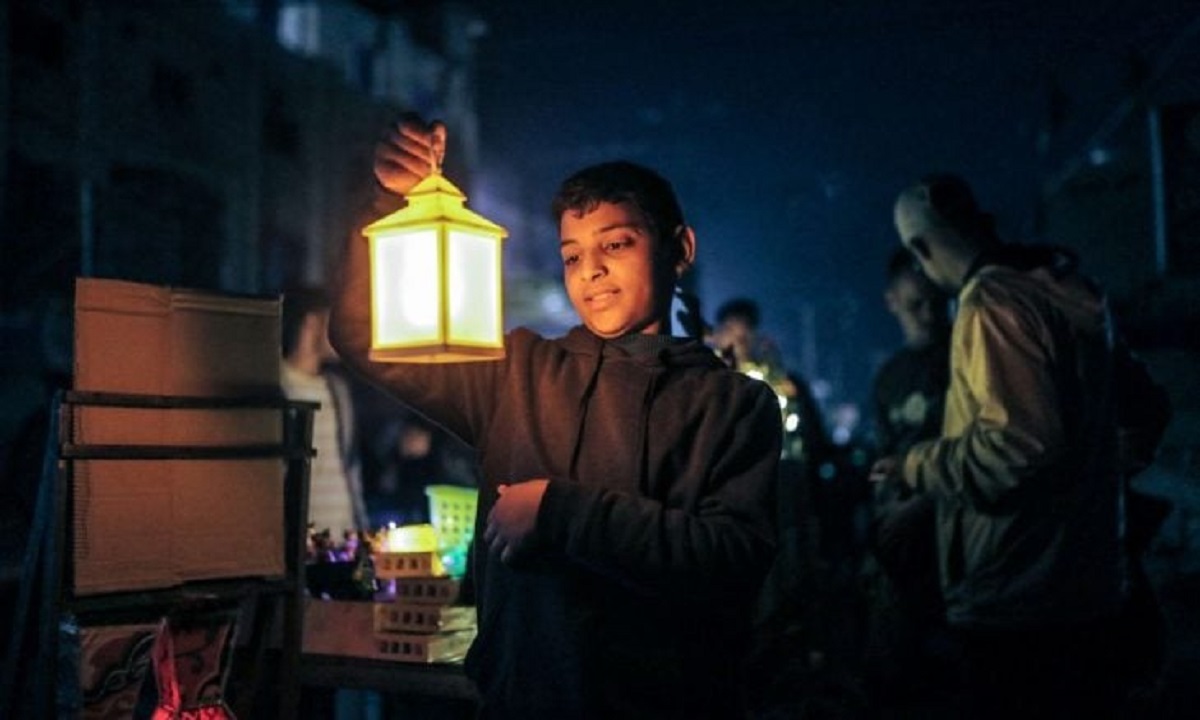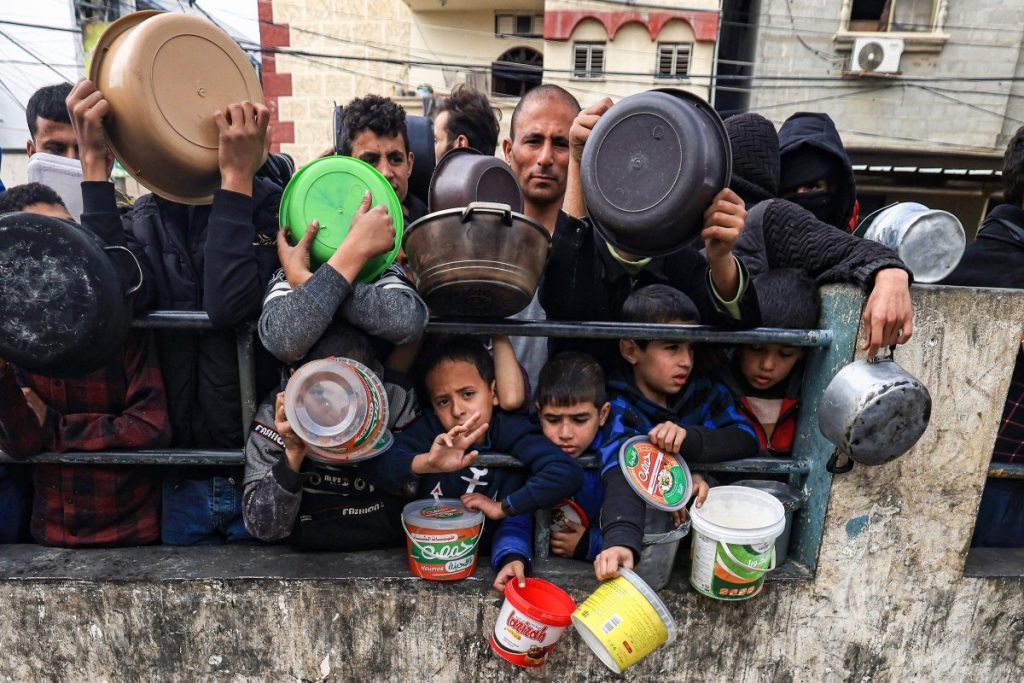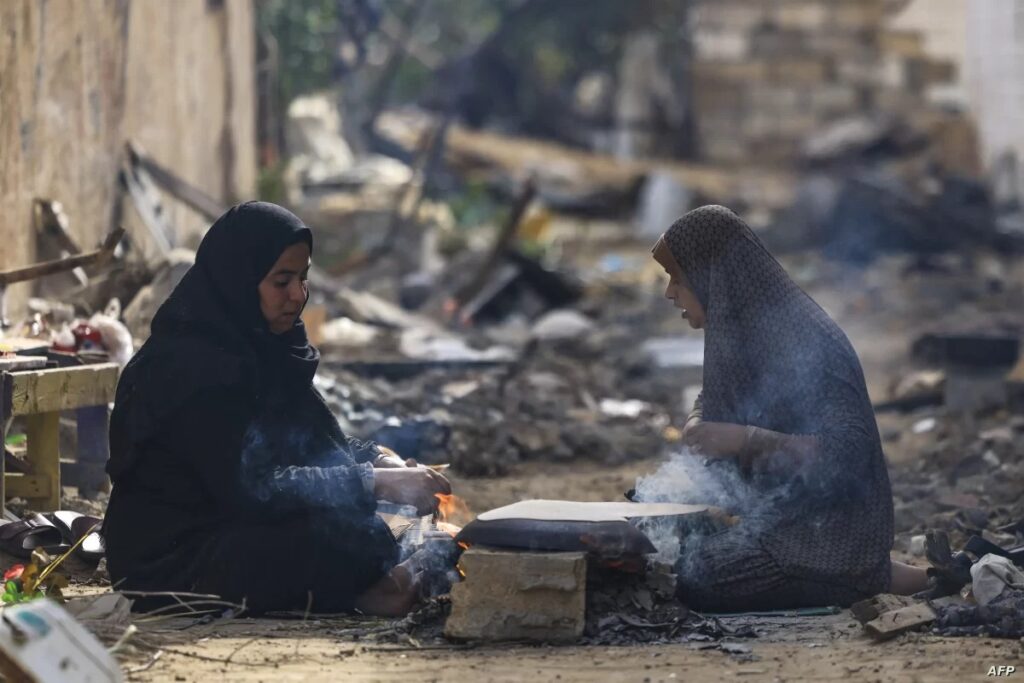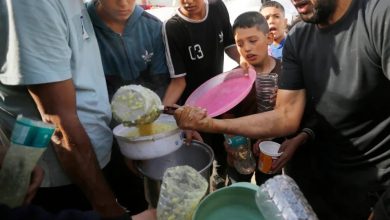Ramadan Begins Amid Joy Worldwide, But Gaza Faces Unprecedented Hardship
As Muslims worldwide welcome the holy month, Palestinians in Gaza endure a devastating humanitarian crisis under siege and destruction.

Watan-Several Arab and Muslim countries announced on Saturday the beginning of the holy month of Ramadan, while others confirmed the completion of the month of Sha’ban, making Sunday the first day of fasting. Meanwhile, in Gaza, the month arrives under siege and amid conflicting reports regarding an end to the war waged by the Israeli occupation.
Muslims around the world eagerly awaited official announcements regarding the sighting of the crescent moon to confirm the start of Ramadan. As the sun set on Friday, several countries, including Saudi Arabia, Qatar, Oman, and Indonesia, officially confirmed the sighting of the Ramadan crescent for the year 1446 AH, declaring Saturday as the first day of fasting. Many other countries in the west were expected to follow suit.
Australia’s Grand Mufti also officially declared Saturday as the first day of Ramadan in the country.
Earlier, the International Astronomy Center stated on its website that sighting the crescent moon on Friday was possible using telescopes in western Asia, most of Africa, and southern Europe, and visible to the naked eye in large parts of the Americas.

The center predicted that most Islamic countries would announce the start of Ramadan on Saturday, as astronomical calculations confirmed the moon’s conjunction before sunset and its setting after sunset across the Muslim world.
Many noted the rare coincidence of the lunar and Gregorian months beginning on the same day—Saturday, March 1, 2025—marking both the first of Ramadan 1446 and the first of March.
However, some Muslim-majority countries in Asia declared that Saturday would be the completion of Sha’ban, making Sunday, March 2, the first day of Ramadan. Brunei confirmed that the crescent moon was not sighted, and Malaysia, Singapore, Thailand, Cambodia, and Japan also announced Sunday as the first day of fasting.
While many countries celebrate Ramadan’s arrival with joy and anticipation, Palestinians in Gaza face immense hardship amid the genocide that the Israeli occupation has waged for more than a year and a half.
This year, the Ramadan crescent will appear over Gaza in a scene of unprecedented devastation and suffering, following nearly 16 months of Israeli attacks that have turned the besieged enclave into a “disaster zone.” The people of Gaza remain trapped between occupation-imposed restrictions and the rubble of their destroyed homes.

Palestinians in Gaza and other occupied territories continue to endure extreme hardship, with widespread hunger, cold, loss, and economic collapse. In most of Gaza, essential supplies are scarce or entirely unavailable.
In the besieged Strip, families will spend Ramadan in makeshift tents lacking the most basic necessities after Israel destroyed their homes. Nearly 1.5 million Palestinians—out of Gaza’s 2.4 million population—have been forcibly displaced due to Israel’s mass destruction.
Before the war, Gaza’s streets would come alive with the sounds of mosques announcing Ramadan’s arrival, markets adorned with festive decorations, and children gathering to recite Quranic verses. But today, those once-vibrant scenes are mere memories. The call to prayer is now accompanied by the cries of the wounded, and bustling markets have been reduced to piles of rubble.






